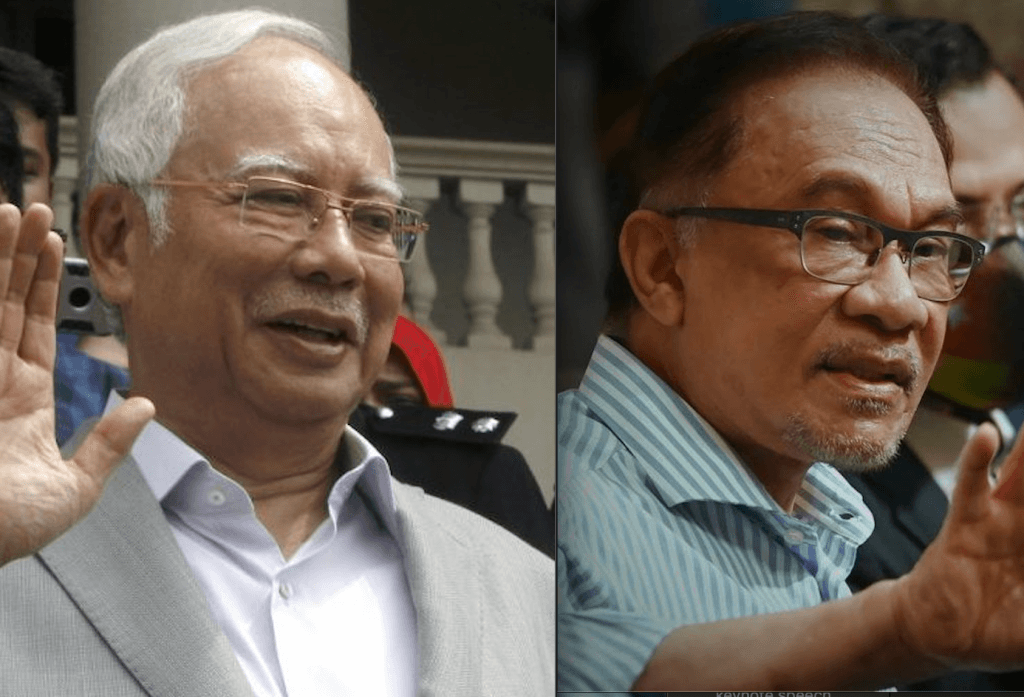Don’t waste time on elitist debates
While debates are part and parcel of a democratic system, one has to assess how a particular debate resonates with the overall political, social and economic system.
Just In
It is puzzling that in spite of the various challenges facing ordinary Malaysians such as inflation, unemployment, floods, heat, indiscriminate logging, and the widening gap between the rich and the poor, politicians try to pick and choose their favorite topics of debate, assuming that ordinary Malaysians will be receptive to such political maneuvering.
Sadly, the nation is caught up with elitism where elites decide the nation’s discourse and expect Malaysians to be receptive to their tone.
News reports that PKR president Anwar Ibrahim has accepted former prime minister Najib Razak’s challenge to debate the financially-troubled Sapura Energy Bhd reveals the shadow of elitist politics in the country.
While debates are part and parcel of a democratic system, one has to assess how a particular debate resonates with the overall political, social and economic system where its underlying ideology shapes the minds of the elites.
Unless the underlying socioeconomic ideology is challenge through the standards of common good, one would not go far in bringing about substantive reforms. There would only be piecemeal change that tends to protect vested interests.
The focus on certain failures of corporate entities could miss the forest for the trees if the economic ideology that underpins it is not exposed for the systemic role it plays in forging a close relationship between political and business interests.
In terms of socioeconomic vision there is no fundamental difference between Pakatan Harapan (PH) and Barisan Nasional (BN). Both parties thrive on the ideology of neo-liberal economics. These is the main reason we do not find major differences between them on environmental and labour issues.
For example, raising the minimum wage alone without nurturing an eco-system of human capital development that respects the human right to bargaining, freedom of association, and protection of workers from violence and harassment at the workplace would not lead to substantial change in the lives of workers.
BN, Perikatan Nasional and PH have no clear vision on how to green up the country from a holistic dimension.
Discerning Malaysians today are looking for debates of distinct vision of competing parties on socioeconomic and ethnic relations that are critical for a nation aspiring to achieve a developed status.
Therefore, it is hoped that there will be more debates on substantive issues that will have an impact on Malaysians instead of so much focus on a mere corporate entity.
There is a need to stop wasting time on elitist debates. We need debates on distinctive visions among political coalitions so that Malaysians will be well informed before they cast their votes in the next general election.
The views expressed in this article are those of the author(s) and do not necessarily reflect the position of MalaysiaNow.
Subscribe to our newsletter
To be updated with all the latest news and analyses daily.
